Growing peace to break the vicious circle of hunger and conflict
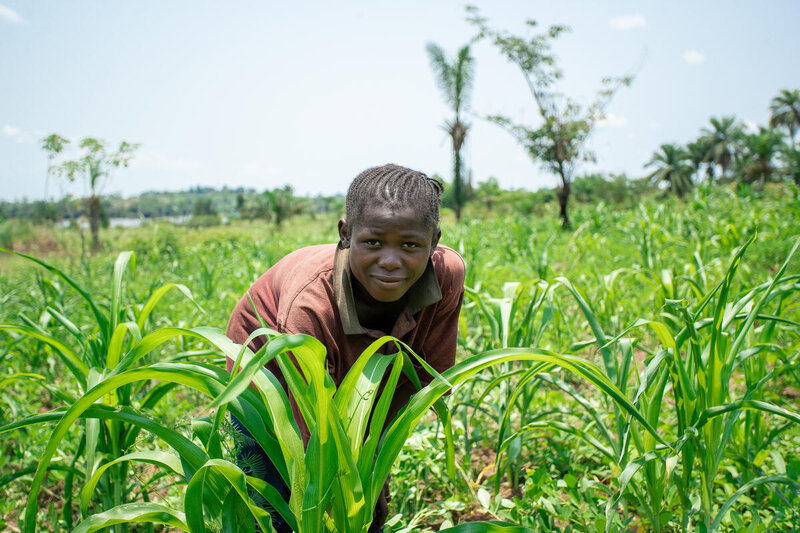
“Looking into 2022, funding our operations in the world’s conflict hotspots will be critical, or there is the very real risk that more people will slip into famine,” says Margot van der Velden, Director of Emergencies at the World Food Programme.
WFP recently warned that 45 million people are teetering on the very edge of famine in 43 countries, with the slightest shock likely to push them over the precipice. Globally, up to 811 million people are chronically hungry, with 283 million acutely food insecure.
“We have to make sure that we have the ability to go and reach the people, and that we're not getting stopped and that we're not getting into an area where there's fighting going on,” says van der Velden. “And we do that through our humanitarian principles of impartiality, independence, neutrality and humanity.”
Supporting those who need us, wherever they may be: How the humanitarian principles guide our work across 80-plus countries
Below, WFP staff in emergency hotspots explain what peace would mean for the people they serve
.
Democratic Republic of the Congo
Helen Vesperini
In 1991, in Rutshuru, North Kivu province, the fatal shooting by a soldier of a young woman with a baby on her back provoked widespread outrage and revulsion – the woman’s youth, the baby on her back, the seemingly gratuitous act.
Thirty years and countless killings and massacres later, such an incident would not even be reported on community radio. The idea of a single killing sparking outrage is laughable.
When the death tolls climb into the dozens, civil society and local media express anger. Even when the toll reaches the hundreds, there is seldom, if ever, any reaction from central government.
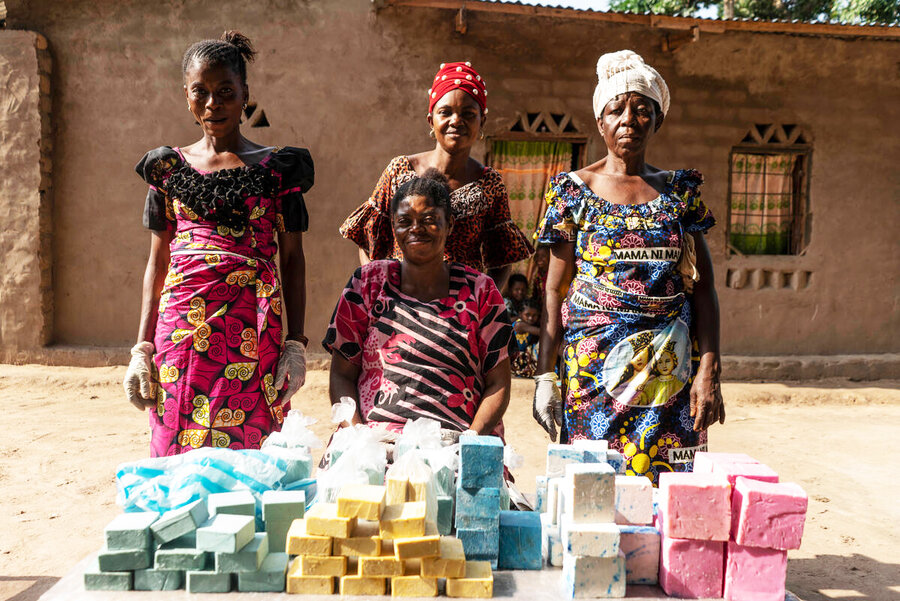
In the east of the country, where conflict has been ongoing for the past 25 years, the names of the militias have in many cases changed but the modus operandi remains the same: target vulnerable civilians with atrocities. This is what prevents farmers from accessing their fields in what is the most fertile region of the country.
Food insecurity in the DRC is driven by conflict and the massive, repeated displacements that it triggers, but also by inadequate infrastructure that means produce rots at the side of the field before it can be taken to market. In the face of such challenges to food security, WFP is at hand working with partners to provide training initiatives to help people to become independent over the long term, from agricultural techniques and soap-making to simply raising awareness around nutrition.
An end to conflict would not be a panacea for food insecurity in DRC. It would, however, make addressing the other issues a whole lot easier.
Yemen
Annabel Symington
Yemen’s hunger crisis was caused by war. Peace is its only solution. Behind this simple formulation is a difficult reality for millions of Yemeni families: displacement, rising food prices, fuel shortages, the depreciation of the currency, lack of jobs, the destruction of infrastructure and basic public services. These are all contributing to rising levels of hunger.
The way to stop hunger in Yemen is to end the war and stabilize the economy.
Peace would mean families could once again produce their own food – something WFP is already supporting through programmes to rehabilitate agricultural land, irrigation systems and roads. Jobs would return. Peace would also end restrictions on air and sea imports, which contribute to shortages of fuel and food and drive up costs for Yemenis.
Families who have been displaced by the conflict – with many of them forced to move three, four, even five times – could return home. Over 4 million people are internally displaced in Yemen because of the war.
Peace and stability would also mean children could go back to school. WFP’s school feeding programme in Yemen targets areas where the school dropout rate is the highest due to the war. The daily snacks the children receive are vital nutrition for them, as well as an incentive for parents to keep sending them to school. But many children are still missing out on school, with the impact of lost years of education likely to hamper an entire generation – and the country itself – for years to come.
Khalwa, a student at a school where WFP distributes daily snacks to students, sums up what peace would mean for Yemen: “The end of war means the beginning of happiness.”
Central Sahel: Burkina Faso, Mali, Niger
Katharina Dirr and Greta Tumbrink
Security incidents, attacks and kidnappings are a daily reality for millions of civilians who are caught between armed conflict, intercommunal violence and military operations.
Land and access to resources are among the main root causes of violence, while climate change, rising costs and the coronavirus pandemic exacerbate hunger.
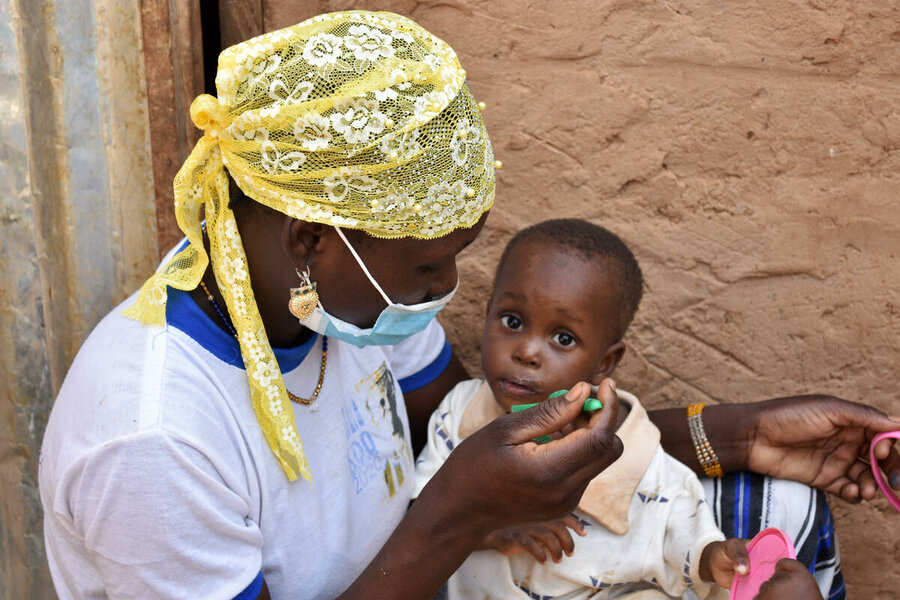
The Central Sahel is a region with a strong agricultural and pastoral tradition, where most people should be able to sow, grow, feed themselves and their communities, and trade what surplus they have. In this part of the world, land is the bank account of many.
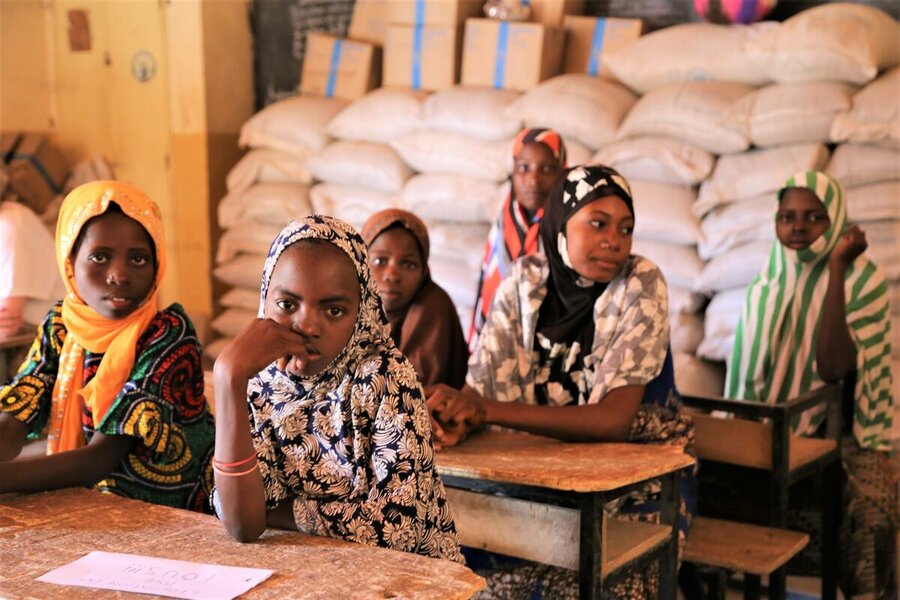
Peace would mean farming and herding communities having access to land and water that would allow them to grow food and their livestock to graze. It would mean that everyone could build their life in a sustainable way and feed themselves.
It would mean people would not have to flee from their homes, leaving everything behind, and already vulnerable communities would not have to host displaced people, sharing what little they have.
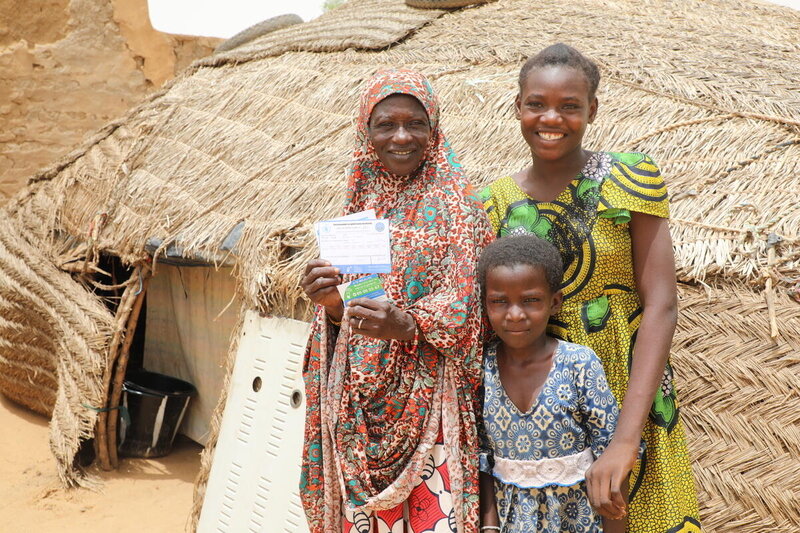
It would also mean our staff and partners could access exactly those people, and do their job without facing security risks.
Only over the past year we have reached over 2.5 million people in more than 2,000 villages across the five wider Sahel countries (including Mauritania and Chad) with resilience-building activities.
At the centre of our work are people: the displaced and host communities in Burkina Faso coming together to rehabilitate land; a women’s farmers group in Mali supplying the local school canteen; and a teenager in Niger graduating from school – all contribute to more prosperous, peaceful societies.
Sudan
Leni Kinzli
Darfur and some other parts of the country continue to be affected by localized intercommunal clashes. Recent fighting that broke out in West Darfur and claimed the lives of at least 88 people last week is just one example of this.
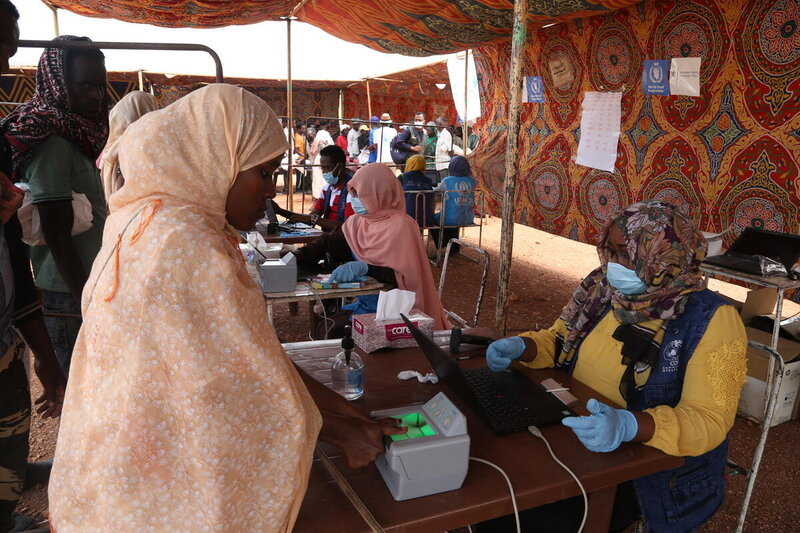
People in Darfur have been displaced for more than a decade due to conflict. For some this has occurred a number of times. Any outbreak of violence sends vulnerable people fleeing yet again, forcing them to start over.
These instances of violence also make it more difficult and unsafe for aid agencies, including WFP, to reach people with the assistance they need. With no safe way to reach certain locations following outbreaks of violence, assistance is delayed.
Peace for the people of Sudan would mean that efforts can be geared towards creating livelihood opportunities for millions of people, which would help boost local markets and ultimately stabilize the economy.
